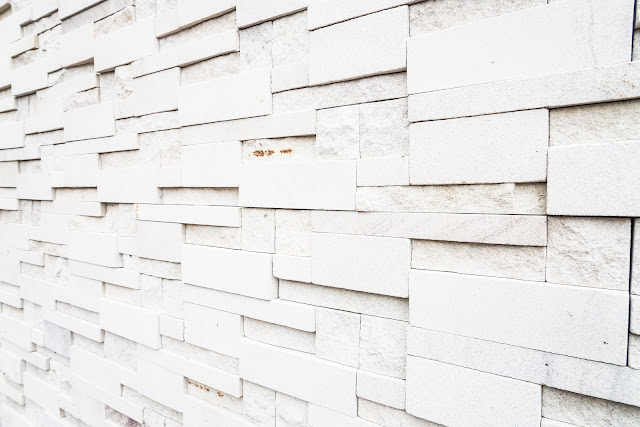What Is Bamboo Flooring?
Bamboo flooring is made from the bamboo plant, a fast-growing grass that can reach maturity in just three to five years—significantly quicker than hardwood trees, which may take decades. Once harvested, bamboo stalks are sliced, shredded, and compressed into planks using high-pressure techniques. These planks are then treated, polished, and sealed to create durable and attractive flooring options.
There are three primary types of bamboo flooring:
Horizontal Bamboo Flooring – Shows the natural growth rings and bamboo grain, giving a traditional and organic look.
Vertical Bamboo Flooring – Features narrow bamboo strips stacked vertically, offering a cleaner, more uniform appearance.
Strand-Woven Bamboo Flooring – The most durable type, where bamboo fibers are woven together with adhesives and compressed, resulting in a hard, dense plank that rivals the strength of traditional hardwood.
Key Benefits of Bamboo Flooring
1. Environmentally Friendly
One of the strongest selling points of bamboo flooring is its eco-friendliness. Since bamboo grows rapidly and regenerates without needing to be replanted, it is a highly renewable resource. Moreover, many manufacturers now use eco-conscious adhesives and finishes to minimize environmental impact further.
2. Durability and Strength
Strand-woven bamboo flooring is exceptionally hard—often harder than oak or maple—making it suitable for high-traffic areas such as hallways, kitchens, and living rooms. It's also resistant to dents and scratches, which adds to its longevity.
3. Aesthetic Versatility
Bamboo flooring offers a sleek and modern appearance while still retaining a natural warmth. It comes in a variety of tones, from light blond to rich caramel to deep coffee hues. With the option of different finishes—glossy, matte, or textured—it can complement any interior design theme, from minimalist to rustic.
4. Easy Maintenance
Maintaining bamboo flooring is straightforward. Regular sweeping and occasional damp mopping are usually sufficient to keep it clean. Additionally, most bamboo floors are sealed with a protective finish that helps resist stains and moisture.
5. Cost-Effective
Compared to exotic hardwoods, bamboo flooring tends to be more affordable while still offering similar aesthetics and performance benefits. This makes it a cost-effective solution for homeowners looking to upgrade their floors without breaking the bank.
Things to Consider
While bamboo flooring has numerous advantages, it’s important to be aware of potential downsides. It can be susceptible to moisture damage if not properly sealed and maintained, making it less ideal for bathrooms or basements. Also, the quality can vary significantly between manufacturers, so it’s essential to choose a reputable supplier.
Final Thoughts
Bamboo flooring offers an excellent combination of beauty, strength, and sustainability. As more people seek eco-friendly options without sacrificing style or functionality, bamboo continues to rise in popularity. Whether you’re going for a contemporary vibe or a cozy, natural ambiance, bamboo flooring provides a timeless foundation for any spaceg Bamboo Flooring Dubai A Sustainable and Stylish Choice for Modern Interiors

.jpg)


Comments
Post a Comment